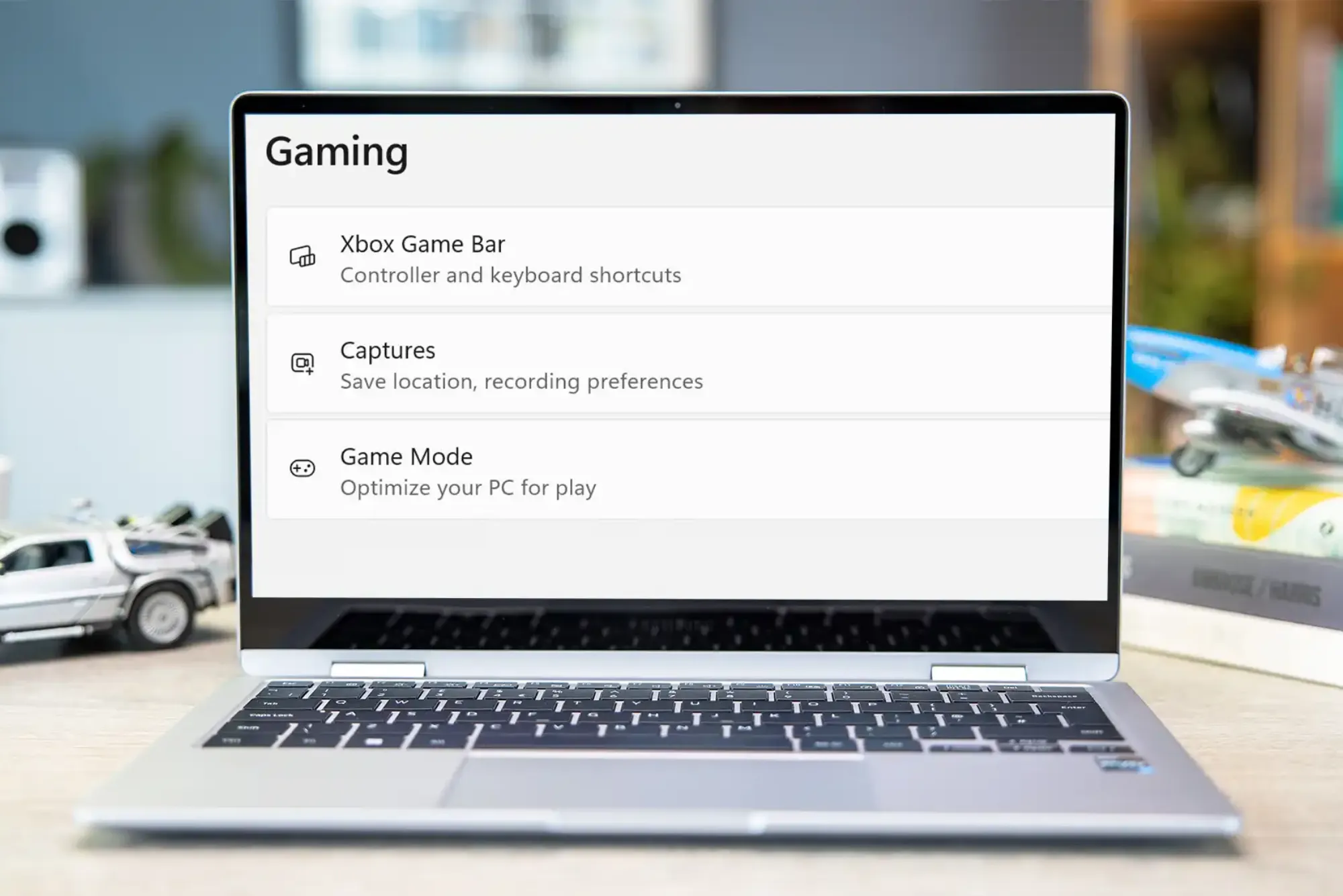Bitcoin is a decentralized digital currency that operates without a central authority or government. It was invented in 2008 by an anonymous person or group of people using the pseudonym Satoshi Nakamoto and was released as open-source software in 2009. Bitcoin allows for peer-to-peer transactions over a secure, decentralized network called the blockchain.
Understanding Bitcoin
Bitcoin is often referred to as a cryptocurrency because it uses cryptographic techniques to secure transactions and control the creation of new units. Unlike traditional currencies issued by central banks, Bitcoin is created and managed electronically, making it the first of its kind.
How Bitcoin Works
Bitcoin transactions are verified by network nodes through cryptography and recorded in a public ledger called a blockchain. Miners use powerful computers to solve complex mathematical problems that validate these transactions. Once a problem is solved, the transaction is added to the blockchain, and the miner is rewarded with new bitcoins.
The Blockchain
The blockchain is a decentralized ledger that records all Bitcoin transactions. It is maintained by a network of computers (nodes) that validate and relay transactions. This technology ensures the integrity and security of the data, making it nearly impossible to alter past transaction records without the consensus of the network.
Bitcoin Trading
Bitcoin trading involves buying and selling bitcoins with the aim of making a profit. This can be done on various online platforms known as exchanges, where users can trade Bitcoin for other cryptocurrencies or fiat currencies like USD, EUR, or JPY.
How to Trade Bitcoin
To start bitcoin trading, one must create an account on a cryptocurrency exchange, deposit funds, and begin buying or selling bitcoins based on market analysis and trends. There are different strategies for bitcoin trading, including day trading, swing trading, and long-term investing.
Risks and Rewards
Bitcoin trading can be highly profitable due to the volatility of the cryptocurrency market. Prices can rise and fall dramatically within short periods, offering opportunities for significant gains. However, this volatility also means that bitcoin trading carries a high risk, and traders can incur substantial losses if the market moves against them.
Advantages of Bitcoin
Bitcoin offers several advantages over traditional currencies and payment systems:
Decentralization
Bitcoin is decentralized, meaning it is not controlled by any single entity. This reduces the risk of government interference or manipulation and provides users with greater control over their finances.
Security
Bitcoin transactions are secured by cryptographic protocols, making them highly secure and resistant to fraud. The blockchain technology underpinning Bitcoin also ensures transparency and immutability of transaction records.
Lower Transaction Fees
Bitcoin transactions typically have lower fees compared to traditional financial transactions, especially for international transfers. This makes it an attractive option for cross-border payments.
Challenges and Criticisms
Despite its advantages, Bitcoin faces several challenges and criticisms:
Volatility
The price of Bitcoin is highly volatile, which can deter some users from adopting it as a stable store of value or medium of exchange.
Regulatory Concerns
Governments around the world have varying approaches to Bitcoin regulation, ranging from supportive to restrictive. This uncertainty can impact bitcoin trading and the broader adoption of Bitcoin.
Environmental Impact
The process of mining Bitcoin requires substantial computational power and energy, leading to concerns about its environmental impact.
Bitcoin represents a revolutionary step in the evolution of money and finance. It offers a decentralized, secure, and efficient means of transferring value. While bitcoin trading presents opportunities for profit, it also involves significant risks due to market volatility. As Bitcoin continues to develop, it will likely play an increasingly important role in the global financial system.








